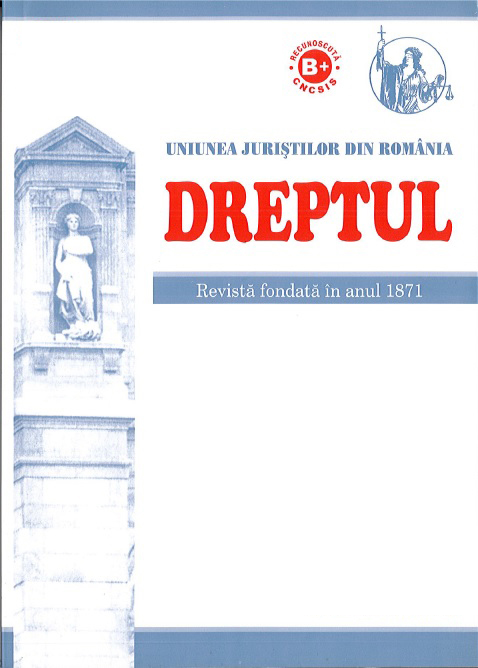Equality of citizens before the law and before the public authorities is a fundamental category of the theory on social democracy, but also a condition of the state of law, failing which constitutional democracy can not be conceived. The Romanian Constitution expressly enshrines this principle. However, there are also particular aspects of this principle enshrined in the Basic Law. Equality before the law and before the public authorities can not involve the idea of standardization, of uniformity of all citizens under the sign of the same legal regime, regardless of their socio-professional situation. The constitutional principle of equality implies that equal legal treatment should be applied to equal situations. This social and legal requirement implies numerous interferences between the principle of equality and other constitutional principles: the principle of identity and of diversity, the principle of pluralism, the principle of unity and, in particular, the principle of proportionality. In this study, using theoretical and jurisprudential arguments, we intend to demonstrate that in relation to contemporary social reality equality, as a constitutional principle, is a particular aspect of the principle of proportionality. The latter expresses in essence the ideas of: fairness, justice, reasonableness and fair adequacy of the decisions of the State to the factual situation and the legitimate aims proposed.


